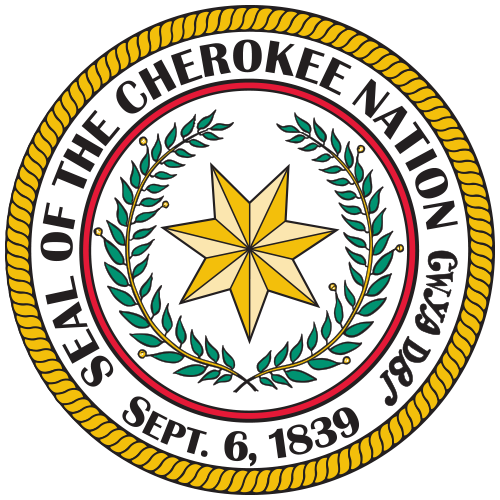
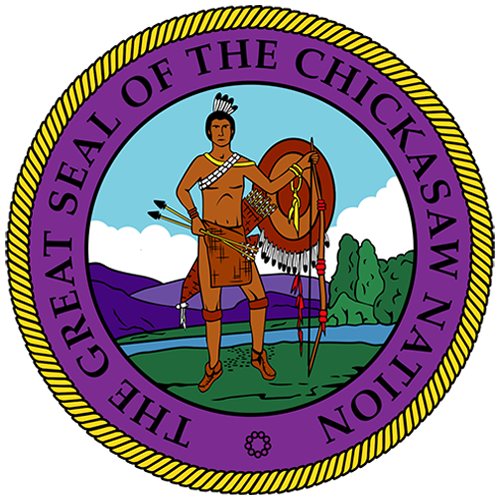
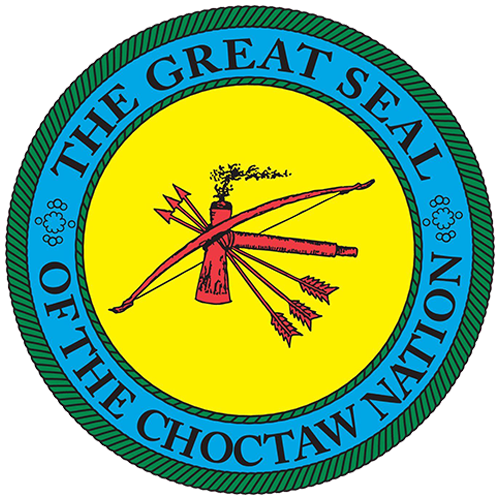
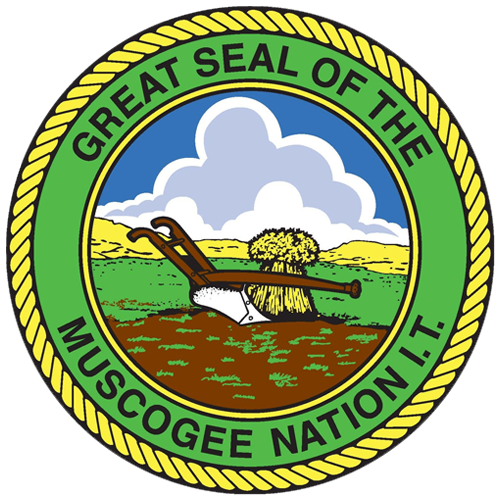
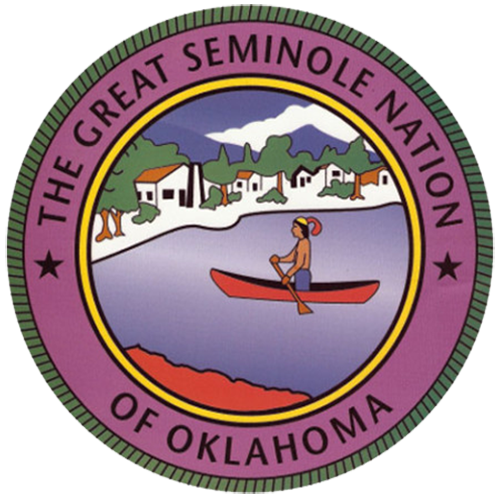
- Home
- Five Civilized Tribes
-
Council Documents
- Council Minutes
-
Resolutions
- Resolutions 1995
- Resolutions 1996
- Resolutions 1997
- Resolutions 1998
- Resolutions 1999
- Resolutions 2000
- Resolutions 2001
- Resolutions 2002
- Resolutions 2013
- Resolutions 2014
- Resolutions 2015
- Resolutions 2016
- Resolutions 2017
- Resolutions 2018
- Resolutions 2019
- Resolutions 2020
- Resolutions 2021
- Resolutions 2022
- Resolutions 2023
- Resolutions 2024
- Document Templates
Chapter Five
Chapter Five:
Section One: Preserving Indian Heritage
Preserving Indian heritage was further achieved by the ITC after a representative of the State Historical Commission reported to the Council that progress was being made in creating a National Park in McIntosh County. It was there, at Honey Springs, that the only Civil War battle in Indian Territory had been fought; and engagement that often is referred to as “the Gettysburg of the West.” To commemorate the honor displayed by the Indian soldiers who had fought at Honey Springs, the Council agreed to spend up to $3,500 for a granite monument on the site.
At the April 11, 1990 quarterly meeting of the ITC of the Five Civilized Tribes, the 40th anniversary of the Council was celebrated. Keynote speaker at the anniversary dinner was one of the charter members, Charles E. Grounds, an attorney who was a Seminole citizen. Reflecting how this “Legislative Council was formed,” and on “old and new objectives and purposes,” Grounds declared:
- After the so-called Second World War, the U.S. Congress began to make changes which would effect the Five Civilized Tribes; one such was the “Indian Termination Act,” which would annul all government obligations under various treaties. During this period the leaders of he Five Tribes met regularly with the Area Director W. O. Roberts to discuss these matters in an effort to protect and enhance the Indian Tribes. During the meeting held on August 4, 1949, I pointed out our tribal aims were virtually the same and it would be good for us to unite for the benefit of all. After a few more meetings, the Inter-Tribal Council of the Five Civilized Tribes was formally organized October 20, 1949, at Muskogee, Oklahoma. From this meeting, also eventually the National Congress of American Indians was formed.
Continuing his memories of important moments in the Council’s early history, Grounds recalled that in the formative period of this active organization some members of Congress objected to its creation and activities. At that time, however, W. G. Stigler, a Choctaw, was a member of Congress. Using the fact that all salaries must originate in the House, Stigler advised those members who were objecting that he would present a bill blocking funds to pay the congressmen. Needless to say, Grounds mused, the objections ceased and the organization was officially recognized in Congress. In conclusion, Grounds observed: “The first accomplishment of this organization was to have Congress withdraw the Termination Act that would have released the Government from all help under treaties with the Tribes.”
Reflecting on other achievements that festive night was Principal Chief Claude Cox of the Muscogee Tribe who stated: “The Five Tribes have a lot of good people doing a good job. I am proud of all of them, having worked with the tribes for eighteen years.” The Chief continued by saying, “It takes a good tough person to work for a tribe and get things for the people. With more Indians and less money, I don’t know what we’d have done without economic development projects to supplement federal funds.” Agreeing with Chief Cox, Jerry Haney, the newly elected Chief of the Seminole Nation, stated at the anniversary meeting that “his current goal was to ··· gear efforts toward services to the people, with an emphasis on education, elderly programs, and creating jobs.” He continued, “We have a lot of catching up to do with the rest of the tribes, but I feel we can do it!”
In terms of ceremonies, there were four other significant events in the 1980s-two very happy celebrations and two very sad ones. The initial event occurred at the October 1987 meeting when a true “First was acknowledged. The ITC decreed October 9, 1987, as Overton James Day. It was also stressed that in 24 years of service the governor had never missed a single meeting.
A second very heartening occasion for the ITC came earlier in the decade at the January 1986 meeting when Ed Tanyan, Chief of the Seminole Nation, thanked the Council for their great assistance “in helping the new tribal leaders be recognized as a working tribal government.” As Chief Tanyan further noted, not only had the Council’s October 11,1985, resolution “calling on the BIA to recognize the duly-elected officials of the election of August 10, 1985, been successful but also the ITC’s request for a $250,000 grant from the BIA to help re-establish the Nation’s government had been awarded.” With these developments, the five years’ crisis in the Seminole Nation that had engrossed the ITC so greatly was finally history.
These happy events were offset by the tragic losses of Harry J.W. (Jimmy) Belvin, former Chief of the Choctaw Nation, who passed away September 19, 1986, in Durant, and W.W. Keeler, Principal Chief of the Cherokee Nation from 1949-1975, who passed away August 24, 1987. Both men were honored in a resolution passed by the Inter-Tribal Council on July 18, 1975, for the “great works they have devoted themselves to in behalf of not only the Five Civilized Tribes but also all American Indian people.”
Momentously, it was Chief Jimmy Belvin and Chief Keeler, among a courageous few, who persuaded authorities in Washington to allow the Indian tribes the right to their own elections and the control of their own destinies. Among many other prestigious offices, Chief Keeler was Chairman of the Phillips Petroleum Company, a position through which he greatly influenced the economic development of the Cherokee Nation.
Section Two: End of A Decade
As the eighties closed, many steps had been taken in a forward direction, but at the same time many problems remained unsolved to be carried over into the new decade. Asked by U. S. Senator David L. Boren for a list of priorities from the Oklahoma tribes so he could enlist congressional support, Chickasaw Governor Bill Anoatubby, speaking for the Council, related the following: recognition of tribes as governments by all agencies of the federal government and by all state governments; equitable funding for the Indian Health Service in Oklahoma; food distribution programs to provide services in cities and town with populations in excess of 10,000; and the settlement of law enforcement and jurisdiction disputes.